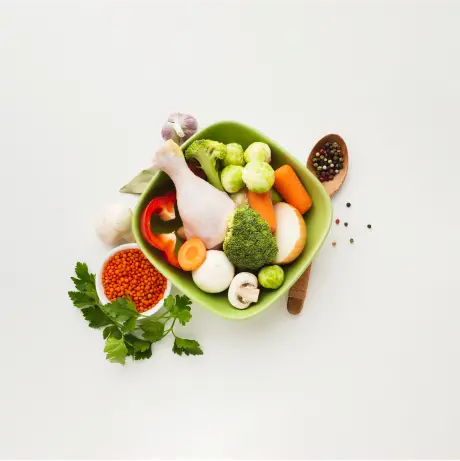Keto diet programs are, no doubt, one of the best methods and most effective plans to work with for weight loss, although, not all versions of these diets are created equally for achieving healthy ketosis. This is why many modified keto diets have emerged over the years to overcome the shortfalls of traditional keto diets. Ideal Protein is such a modified ketogenic diet that was vastly improved through scientific research of weight loss and human physiology.
In this article, we are going to look at some key differences between the Ideal Protein protocol and “do-it-yourself” (DIY) keto diets available on online media. But before we go into the details, here is a quick overview:
What is a Keto Diet?
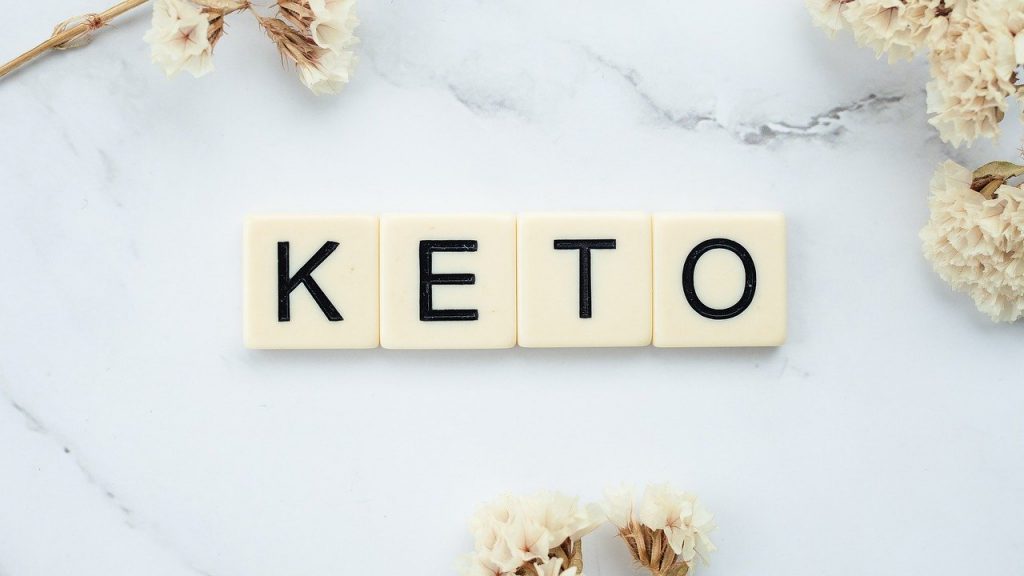
A keto diet refers to a low-carb, high-fat diet that helps get the body to healthy ketosis.
Ketosis is a metabolic state in which the body breaks down stored fat. Here, the body uses fat instead of its preferred source of energy, carbohydrates.
It usually includes plenty of eggs, meats, fish, cheeses, sausages, oils, butter, seeds, nuts, and a few fibrous vegetables.
How Does Keto Work?
The keto diet works by depriving the body of carbohydrates, which is the body’s number one choice for energy production. Carbohydrates themselves are too large for the body to absorb and that’s why, after you eat carbs, your body produces enzymes. These enzymes break carbs down into single sugar units that can then be absorbed.
When carbohydrates (simply referred to as glucose) are in short supply, the body switches to fat as an alternative fuel. Your body will start converting the fat into fatty acids and ketones and the body then uses these ketones to power all the organs in the body, including the brain.
During healthy ketosis, the carbohydrates must remain at a minimum. It is to ensure that body stays dependent on fat as fuel.
Unlike Atkin’s diet, dietary protein also remains low. It is because the body can convert excess protein into sugars via a process called Gluconeogenesis.
Weight Loss on Keto Diet
Keto diets are effective for losing weight and reducing the risk factors of some diseases like type 2 diabetes, cardiovascular diseases, cancer, etc. It is, in fact, an excellent approach to weight loss because it doesn’t leave you feeling hungry. Additionally, there’s no need to be monitoring calories.
The downside to the weight loss program with the Keto diet is that working with it can be unpredictable in terms of how much weight you will lose in a given timeframe. Also, it can backfire if the macronutrients aren’t perfectly balanced.
The higher protein intake in keto diets is also beneficial as it helps with weight reduction and improves metabolic health.
What is the Ideal Protein Protocol?
Although it has been around for a long time, the concept of healthy ketosis through Ideal Protein protocol became more popular in the last few years.
This weight loss diet program was developed more than 25 years ago by French physician Dr. Tran Tien Chan who wanted to help people lose fat in a quick, healthy, and sustainable way.
The diet is also ketogenic (allowing you to use your stored fat for fuel), and typically low in carbohydrates. However, unlike the keto diet, Ideal Protein works with low-fat content and incorporates the right amount of protein for each individual. Thus, it is otherwise famous as an adequate protein diet.
One more thing that makes Ideal Protein distinguished is that it is not a DIY diet you can do at home on your own. It requires proper guidance and education under a qualified coach to yield complete results.
The Differences Between Ideal Protein and “Do-It-Yourself” (DIY) Keto Diets
Carbohydrates
Of course, carbohydrate restriction is the central idea behind all ketogenic diets.
However, the Ideal Protein protocol is different from self-directed keto diets in that it puts a lot more into consideration.
Most DIY ketogenic dieters aim for fewer than 20 grams of carbohydrates per day. By doing so, they will try and keep carbohydrate consumption as low as possible.
Fundamentally, this is correct. The body is capable of making the small amount of glucose that the liver and brain need by converting amino acids and glycerol (present in proteins and fatty acids) into glucose. Functionally, this limits the amount of fiber one consumes as all carbohydrates are not equal.
DIY ketogenic diets are all about lowering carbohydrate consumption and hence, most of them pay no attention to the amount of fiber the dieter is consuming.
Net Carbohydrate Quality
On Ideal Protein, the focus is on net carbohydrates.
You get net carbs by subtracting the fiber from the total carbohydrate content of a food. It’s generally accepted that the body doesn’t digest the fiber in whole foods. So, reducing it from the net carb count is seen as effective carbs.
The amount of net carbohydrates a person can consume and remain in healthy ketosis varies greatly.
Furthermore, there exists an impact on it from each person’s activity level, the amount of muscle mass, and individual chemistry.
Net Carbohydrates Quantity on Ideal Protein
We are often asked how many carbs one can take every day on the Ideal Protein diet.
On Ideal Protein, each dieter will consume between 25g to 45g of net carbohydrates daily. Generally, the Ideal Protein meal replacement foods deliver 20g net carbs per day. The other 20 – 25g of net carb comes from select vegetables and raw vegetables. This increased carbohydrate allowance creates more variety in the diet and increases satiety from fiber consumption.
Moreover, it lays the groundwork for healthy dietary patterns as the dieter transitions back to a balanced lifestyle once they have achieved their weight loss goal and begun to reintroduce carbohydrates into the diet.
Nutrient Variety
With Ideal Protein’s ketogenic diet, we realize there are vital nutrients in many low-carbohydrate foods, such as vegetables.
These foods provide vitamins, minerals, and, most importantly, flavor, texture, and fiber. These are the qualities that enhance your dining experience, build your microbiome, and provide blood sugar stability.
Most people think of carbohydrates as being bad while working with a keto diet. Although, the truth is, not all carbohydrates are equal in their character.
Protein Intake
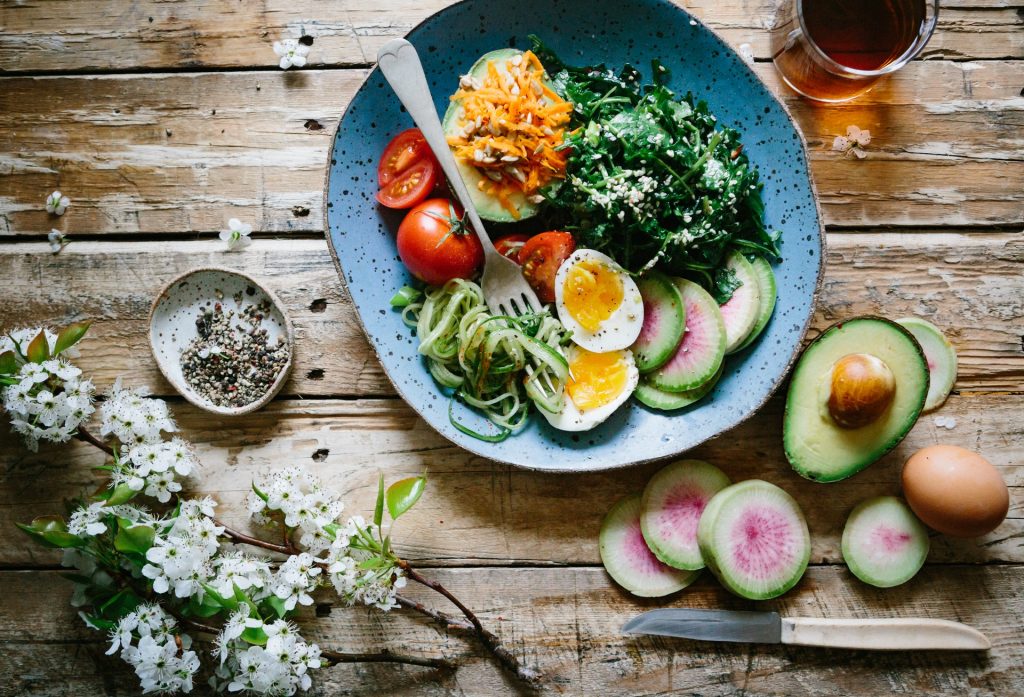
Also, Ideal Protein specifically addresses sufficient protein intake. It makes sure dieters consume enough protein to protect their muscle mass. However, it prevents them from eating excess protein, which will later become Glucose via Gluconeogenesis conversion.
Adequate Protein Intake
Ideal Protein’s ketogenic diet provides dieters with an adequate daily amount of protein to maintain healthy ketosis. It intends to support one’s muscle mass while losing weight.
The amount of protein intake is determined individually based on your lean muscle mass.
During the weekly coaching sessions, your coach will conduct and review a body composition analysis. He/She will ensure that at least 50% of your weekly weight loss is coming from stored fat rather than breaking down muscle.
The diet isn’t high protein but instead relies on adequate protein. As mentioned earlier, the liver can convert excess protein into sugars.
In the case of a standard DIY keto diet, most people aim for 15-20% of their diet to come from protein. This is just an average and not based on the individual or the recommended dietary allowance (RDA). The problem with this is “guesstimation.”
People will either over-consume protein, leaving it to be converted to sugars, or under-eat protein, forcing their body to break down lean muscle rather than fat.
Between the two, the under-consumption of protein slows the rate at which one burns calories while on the keto diet. Also, it sets one up for regaining fat once they go off the diet.
Protein Source & Quality
Unlike Do-It-Yourself keto diets from online media, the foods for the Ideal Protein diet program come from amino acid isolates (soy, pea, and whey).
These isolates have no purines and are one of the healthiest ways to optimize protein intake while minimizing the number of calories you consume.
While most people think this is the case with all protein supplements, it’s not. All of the Ideal Protein foods are designed for absorption and are tested for bioavailability.
The foods range between 96%-297% bioavailable, meaning more nutrients for fewer calories.
DIY keto diets, in contrast, rely on animal protein as the primary source to maintain healthy ketosis. Even with amazing digestion, most people only consume about 70% of the nutrients from eating animal protein.
Even in the best-case scenario, an egg is the most highly absorbable Protein. With proper digestion, you are only able to absorb 90% of it.
This means that you consume all of the calories but obtain reduced nutrients. Excessive consumption of Protein from animal proteins can lead to gout flares and other ailments due to a high level of purines.
Fat Intake & Quality
Amount of Fat
The Ideal Protein Diet Protocol also differs from “do-it-yourself keto” diets, which are available online, when it comes to the amount and quality of consumed fat.
The Ideal Protein diet protocol recommends limiting fat intake to achieve a healthy ketosis process. It allows clients or patients to burn through stored fat more quickly during the weight loss phase of the diet.
The Ideal Protein diet’s Phase 1 is considered a low-fat diet. It focuses on weight loss and is not meant to be a lifestyle.
DIY keto diets, on the other hand, works on a high-fat diet with up 70% of daily calorie intake coming from fat. This is an important distinction, especially if the goal of the DIY keto diet is weight loss.
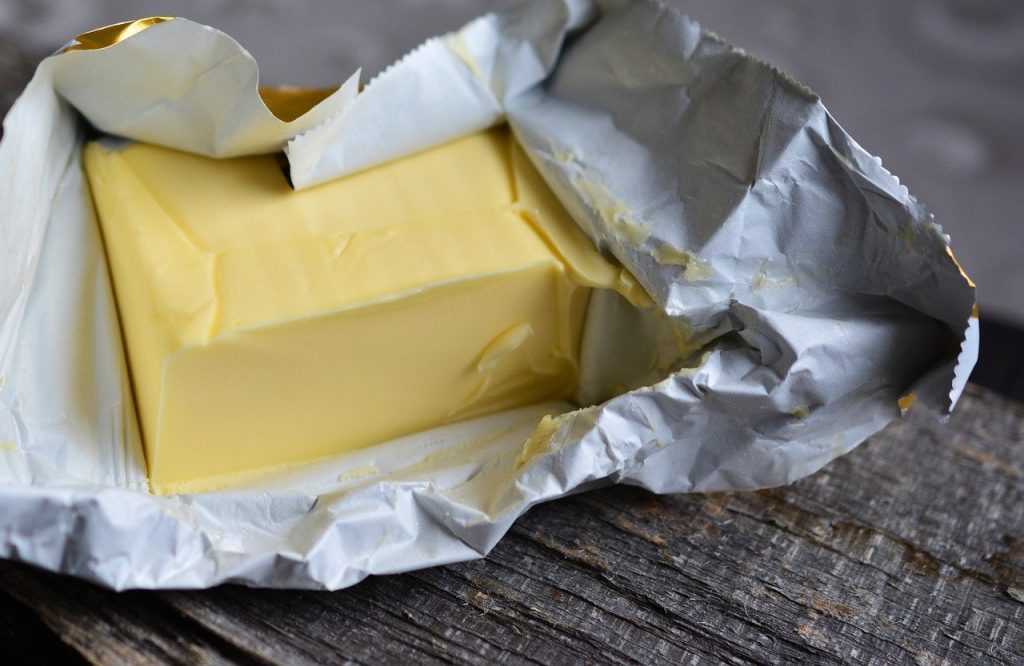
Eating high quantities of fat creates satiety, much like dietary fiber. However, it is also very calorically dense, and it’s easy to eat a lot of it quickly.
For example, look at the difference between Butter and Broccoli. 1 tablespoon of butter is the caloric equivalent of more than 3 cups of Broccoli. It’s much more difficult to unknowingly eat 3 cups of Broccoli than it is to eat a few tablespoons of butter. The fats add up easily and as stated before.
Thus, to lose weight, your body must burn through the fat you are consuming first before starting to burn the fat you already have stored.
Quality of the Fat
Another key difference between Ideal Protein and Keto is in the quality of fat the dieters eat.
Ideal Protein provides a well-structured approach that ensures the consumption of low calories and healthy fats. Whereas, during weight loss programs with self-directed keto diets do not differentiate between good (Omega 3’s and Omega 9’s) and bad (Omega 6’s) fat.
Consuming too much bad fats without fiber can have many adverse effects on the body.
It can increase the blood cholesterol level, raise the risks of cardiovascular diseases, and destroy the cell membrane of each cell in the body.
Studies also associate a high ratio of Omega-6 to Omega with chronic inflammation. And it’s very difficult or tempting to always go for healthy fats and Omega-3 when on a 70%- 80% fat diet.
Most people, when trying to lose weight, overly focuses on the scale movement alone. They often don’t understand the difference between fat loss and weight loss.
- Have you ever seen someone who hasn’t lost a lot of weight on the scale, yet you visibly notice their weight loss?
- Have you known anyone that claims to have lost weight, but you can’t really tell?
This is a perfect example of weight loss versus fat loss. Losing 5 pounds of fat is the equivalent of a football in size. However, losing 5 pounds of muscle is the equivalent of a softball.
Look vs. Number
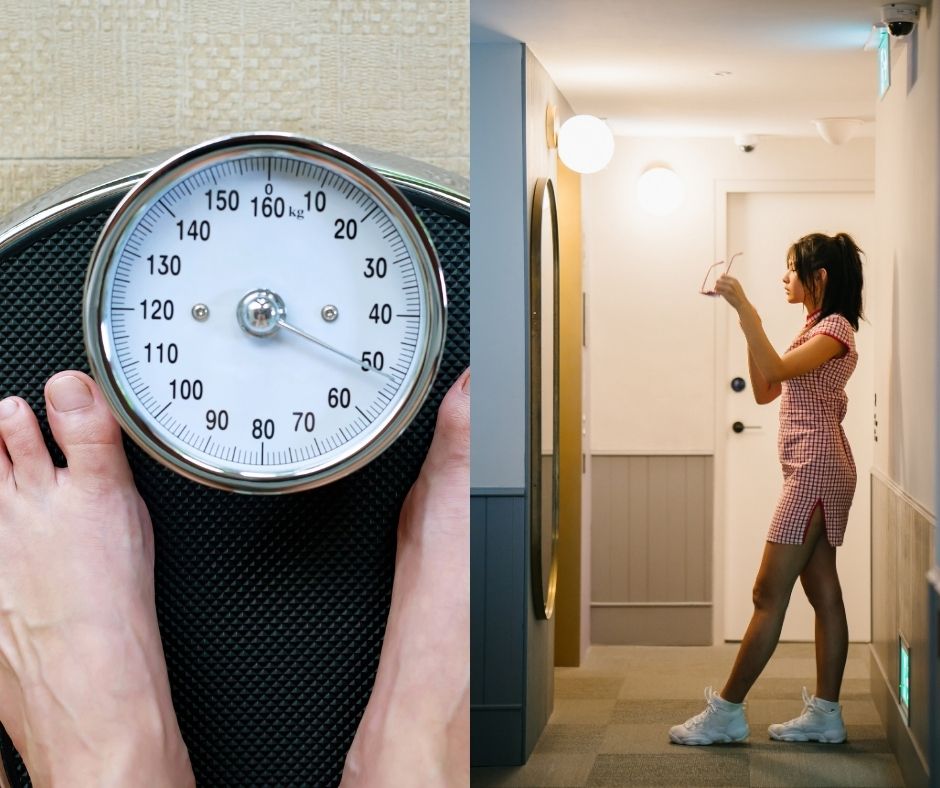
Believe it or not, we don’t actually care how much weight one loses on the scale!
What we care about is fat loss over weight loss.
No one carries a scale around with them in life, so weight itself doesn’t matter. It’s more important that your reflection in the mirror matches your goal than a number on the scale. How does this relate to Protein?
If you consume adequate protein, you will retain your muscle mass (and hence your metabolic capacity to burn calories). This prevents your weight loss from slowing down while on a diet. More importantly, it works in a way to prevent you from regaining weight after you get off your keto diet due to a slowed metabolism.
Support & Education

Ideal Protein dieters get education about the importance of living a healthier lifestyle. The coaches make sure to plan a balanced meal and customize it according to every client’s needs.
The Ideal Protein diet prides itself on individualized coaching on the weight loss phase of the protocol. Additionally, it helps the dieter to transition back to a whole food diet and navigates the world of maintenance.
At BioIntelligent Wellness, our clinic offers both in-person and online coaching during weekly coaching visits. Different than most other Ideal Protein clinics, our coaches also offer online/electronic support 7 days a week for our clients the entire time while they are on the keto diet.
Our coaches are all certified and are experienced in both the scientific approach to weight loss as well as supporting the psycho-emotional components of the process. Our coaches are always there to make sure our dieters are successful and have our full support and motivation along the way.
In the case of DIY keto diets, unlike the Ideal Protein diet program, dieters have to learn how healthy ketosis works from books and online resources. Without any support or laid-down structure, figuring out what, how, and when to eat can be hard and confusing!
The worst part about guessing on a keto diet is that it can actually backfire. It can cause you to gain weight, leaving you even more frustrated than when you started.
Conclusion
Losing weight doesn’t have to be a guessing game. At BioIntelligent Wellness, we can help you shed those extra pounds and make you healthier than you have ever been! Schedule a complimentary consultation today to learn how our Ideal Protein Online Program can help you get off a DIY Keto diet and on the weight loss fast track.
